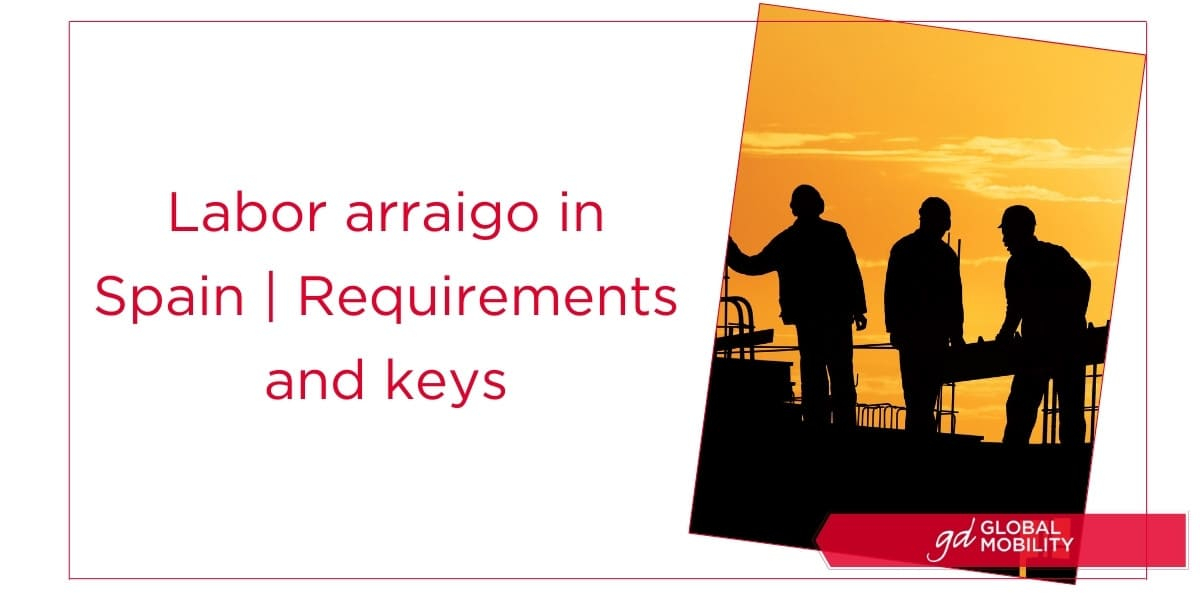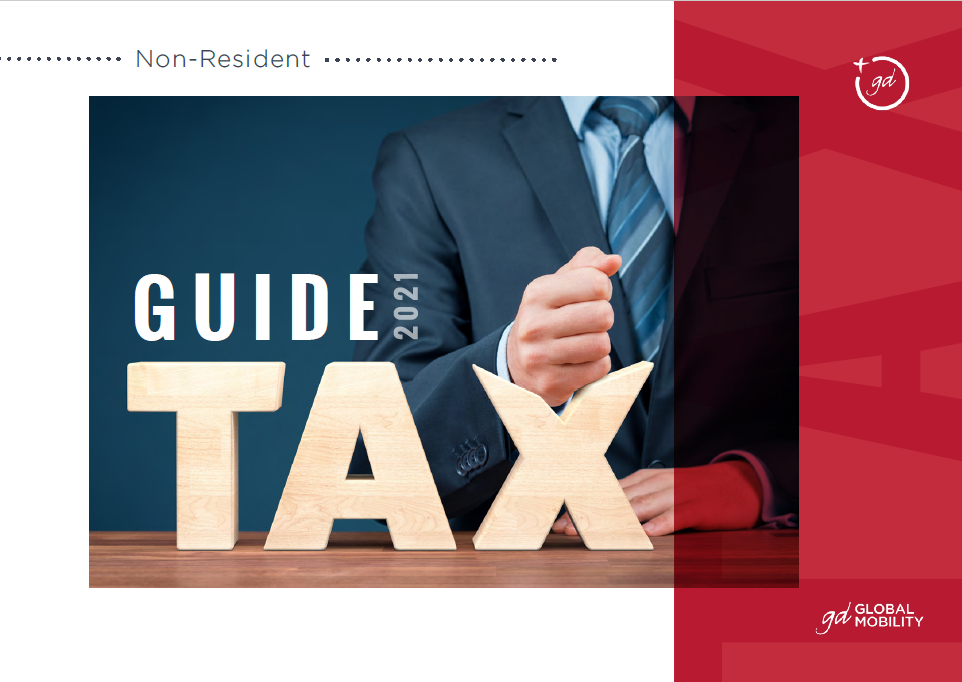
In Spain, it is possible to apply for so-called temporary residence permits for exceptional circumstances. The situations are very varied, and as such there are different ways of accessing this type of permit.
These situations all have in common that the applicant can apply and remain in Spain at all times, even when in an unregistered situation.
Within these exceptional circumstances there are four concepts: social, family, employment and training ties.
In this post we will focus on the employment ties residence permit, a concept that has existed in Spain for many years but has undergone important changes after the approval of the Reform of the Immigration Regulations (entering into force on August 16, 2022).
In general, what does the new concept of the employment ties residence permit for Spain contain?
Labor arraigo in Spain in 2022 | Requirements
Employment ties are one reason why a foreign person can obtain a temporary residence permit, which also entails a permit to work in Spain.
The foreign person cannot be a citizen of a State in the European Union, of the European Economic Area or of Switzerland, or a relative of citizens of these countries, to whom the regime of citizenship of the European Union applies.
Specifically, as indicated in the Immigration Regulations, “by virtue of employment ties, foreign persons who prove their continued stay in Spain for a minimum period of two years may obtain a permit, provided that they have no criminal record in Spain or in their country of origin or in the country or countries in which they have resided during the last five years, that they demonstrate the existence of employment relationships whose duration is not less than six months, and that they are in an unregistered situation at the time of the application”.
This would be the situation of an employee who came to work on a registered basis and who suddenly finds themselves in an unregistered situation.
In other words, since the entry into force of the Reform of the Immigration Regulations, the concept of the employment ties residence permit can be used to regularize the situation of those employees who move from a “registered” situation to an “unregistered” situation.
Conclusion: the foreign person must be in an unregistered situation at the time of the application for an employment ties residence permit.
As such, after the Reform of the Regulation, the concerned party will not be able to obtain this permit if they are registered at the time of applying for it. And in what cases could this situation arise? The most obvious one would be that of asylum seekers, who are not considered to be unregistered.
Employment ties for asylum seekers
Following the Reform of the Immigration Regulations, both asylum seekers and asylum-seekers appealing their cases have no way of applying for employment ties residence permits, as they are considered to be registered while their asylum is being processed.
On the other hand, if the person concerned has been refused asylum, they could apply for an employment ties residence permit, since they would no longer be registered.
How can the employment relationship be proved?
As we discussed at the beginning of the post, the concerned party must demonstrate the existence of labor relations of not less than six months.
For the purpose of proving this employment relationship and its duration, the concerned party must submit any means of proof that shows the existence of a previous employment relationship carried out while in a regularized situation or while resident. For these purposes, they need to prove the performance, in the last two years, of an activity that involves, in the case of working for another, at least a thirty-hour week in a period of six months or fifteen hours per week in a period of twelve months, and in the case of self-employment, a continuous activity of at least six months.
That is: the foreign person must prove that they have worked/contributed fifteen hours per week over a year or thirty hours per week over six months.
If they are self-employed, they must show that they have worked continuously for six months.
Can self-employed people apply for an employment ties residence permit?
Yes, following the Reform of the Immigration Regulations, self-employed persons are allowed to apply for an employment ties residence permit provided that they have been in Spain for two years and can show that they have worked continuously for six months.
What should you take into account?
As we have said throughout the post, the "new" employment ties residence permit is designed for those situations in which an employee has been working on a registered basis and, due to certain circumstances, they change to an unregistered situation.
But what about those situations in which work has been carried out clandestinely or without regularization throughout the employment relationship? In this case there is a different concept through which a residence permit can be obtained: a permit due to exceptional circumstances of cooperation with the employment authorities .
The content of this post is purely informative and should not be extrapolated to all cases. With regard to the changes introduced by the Reform of the Immigration Regulations, it is expected that instructions will be issued to clarify these developments, so that the new provisions could be subject to interpretation on a case-by-case basis.




